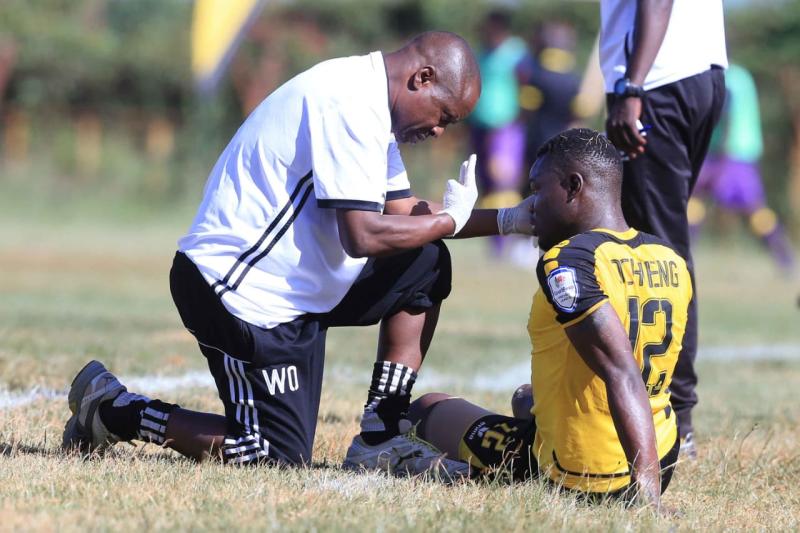×
The Standard e-Paper
Home To Bold Columnists

Gor Mahia were in their traditional green and white.
Few fans at Kenyatta Stadium in Machakos, for that day’s Kenyan Premier League Round Three fixture between Gor and Tusker FC two years ago, remember what happened better than sports clinician Wycliffe Makanga.